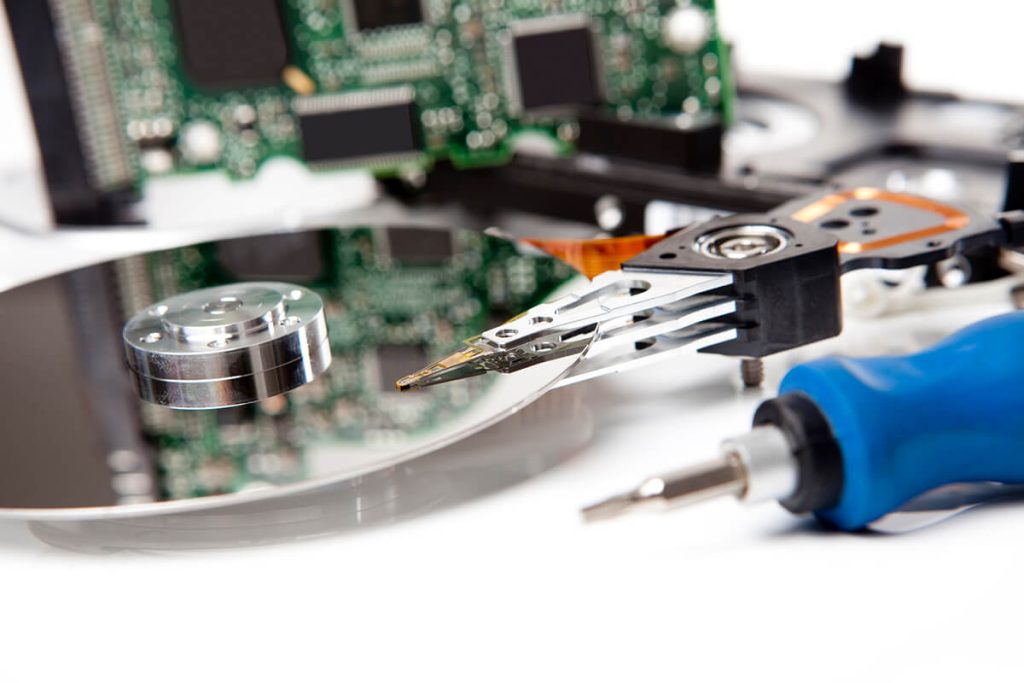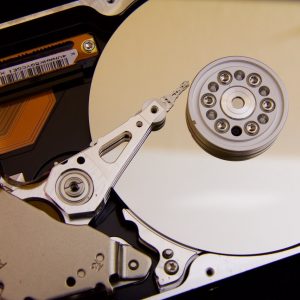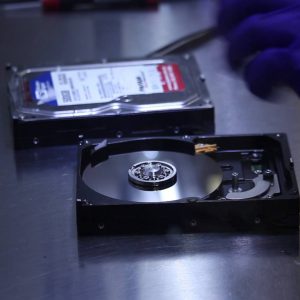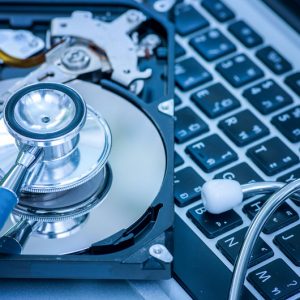When you become the proud owner of an SSD, you certainly don’t have to worry about failing mechanical parts, simply because there aren’t any. Yet its electronics tend to fail just as often.
Capacitors can swell, power supplies can fail due to overload or power surges, and the disk controller can go wild after a Data Recovery Services power outage or rapid voltage fluctuations.
There’s a popular belief that SSDs are likely to fail very soon, but that can only happen if the drive itself has been damaged or faulty. one way or another). Years of research reports indicate that most SSDs tend to wear out linearly and in proportion to their workload. This means that new drives should be more reliable than older models.
Every now and then people get excited about the idea that SSD Data Recovery Services are prone to failing quickly due to limited read/write cycles (this is the weak point of all types of flash memory). Yes, it’s true: every SSD has a limited number of such cycles.

The other statement is also correct: flash memory chips wear out over time, but their durability should be sufficient for many years of service. On average, a typical SSD can run for over a decade even if you write 100 GB of data every day.
In fact, there is no single threat that would kill an SSD drive for sure. At the same time, there is also no trick to make it work endlessly. Over the years, the electronic components inside the drive wear out until they fail or break down – just like everything else in this world (nothing lasts forever, as the saying goes).





